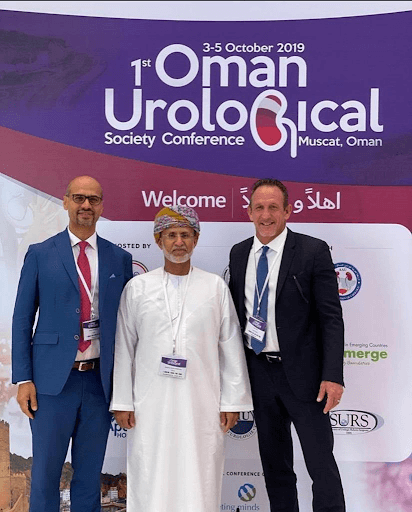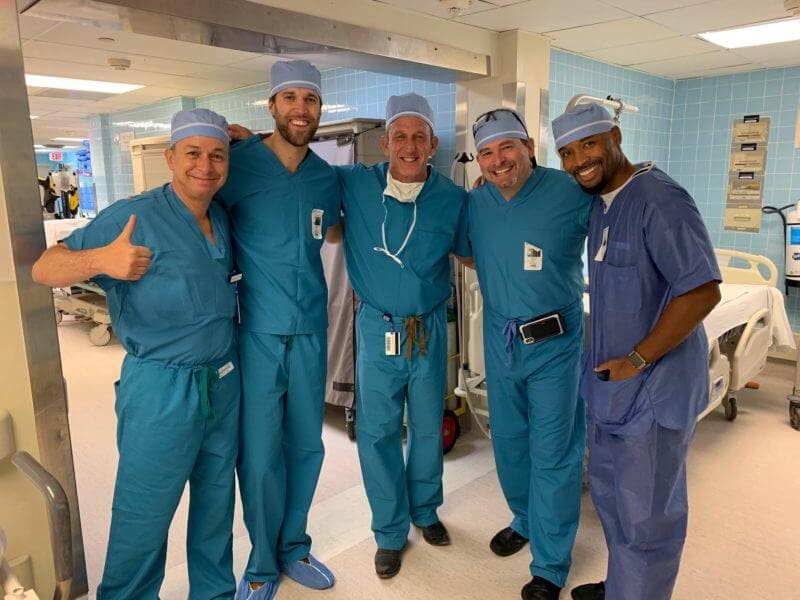Perito Urology Participates in Surgical Skills Lab at Vanderbilt University
Dr. Perito and the team from Perito Urology traveled to Nashville, TN, to partake in this year’s Sexual Medicine Society of North America International Conference. This year’s SUPS surgical skills lab took place at Vanderbilt University’s School of Medicine. Established as an independent organization of urological health care professionals concerned with the surgical practice of … Read more







